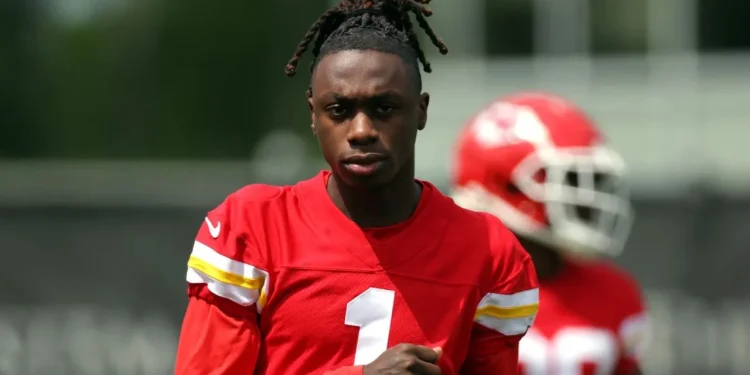In the high-stakes world of NFL trades, the Buffalo Bills recently made headlines with their decision to trade the pick for Xavier Worthy to the Kansas City Chiefs. This move, which has stirred a mix of skepticism and intrigue among fans and analysts alike, prompts a deeper look into the Bills’ strategic decision-making and their ongoing rivalry with the Chiefs and the New England Patriots.
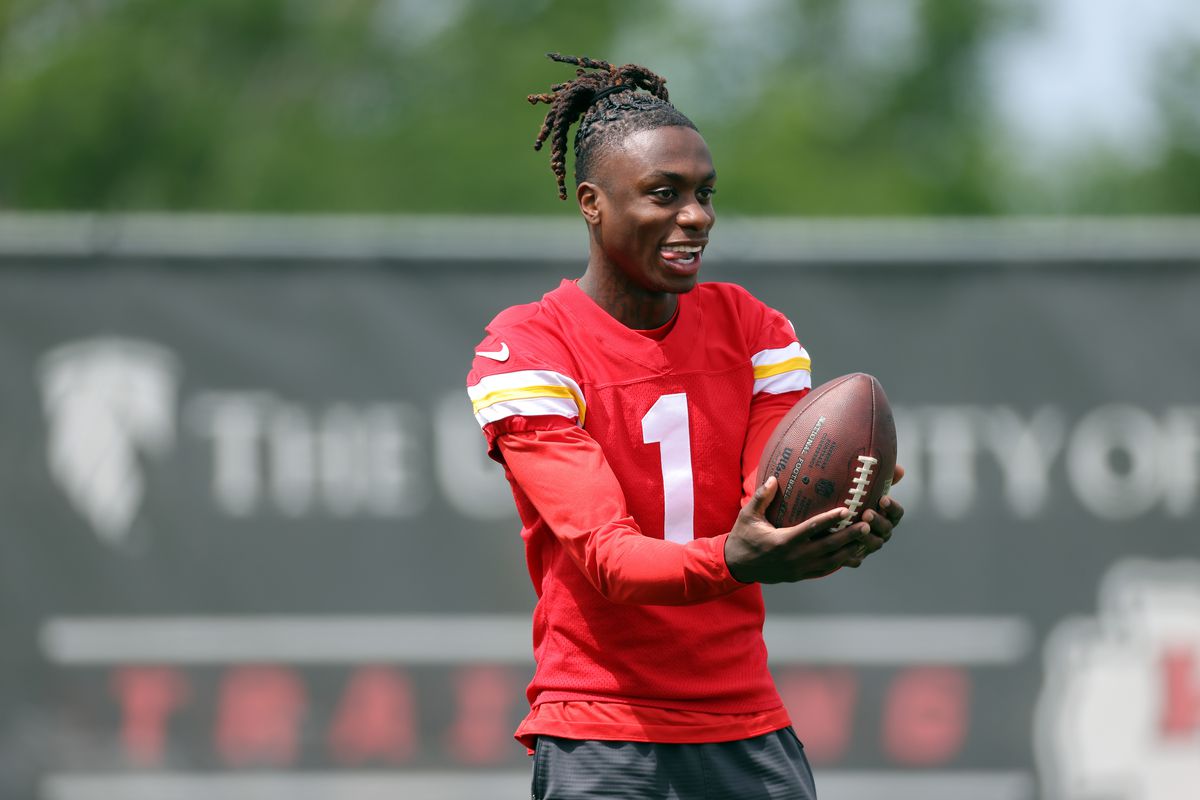
The Buffalo Bills’ Trade Dynamics
According to insights shared by former NFL general manager Michael Lombardi on The Pat McAfee Show, the Bills faced a tough choice. They could trade their late first-round pick to their division rival, the New England Patriots, who were eager to secure a receiving weapon for their No. 3 overall pick, Drake Maye. Instead, the Bills opted to deal with a familiar foe—the Kansas City Chiefs.
New England was in high-speed pursuit of Xavier Worthy and they wanted him badly. … They were making calls to make that pick and the Bills took the offer from the Chiefs,” Lombardi explained. This decision underscores the Bills’ apparent strategy of avoiding strengthening a direct divisional rival, despite the potential benefits of such a trade.
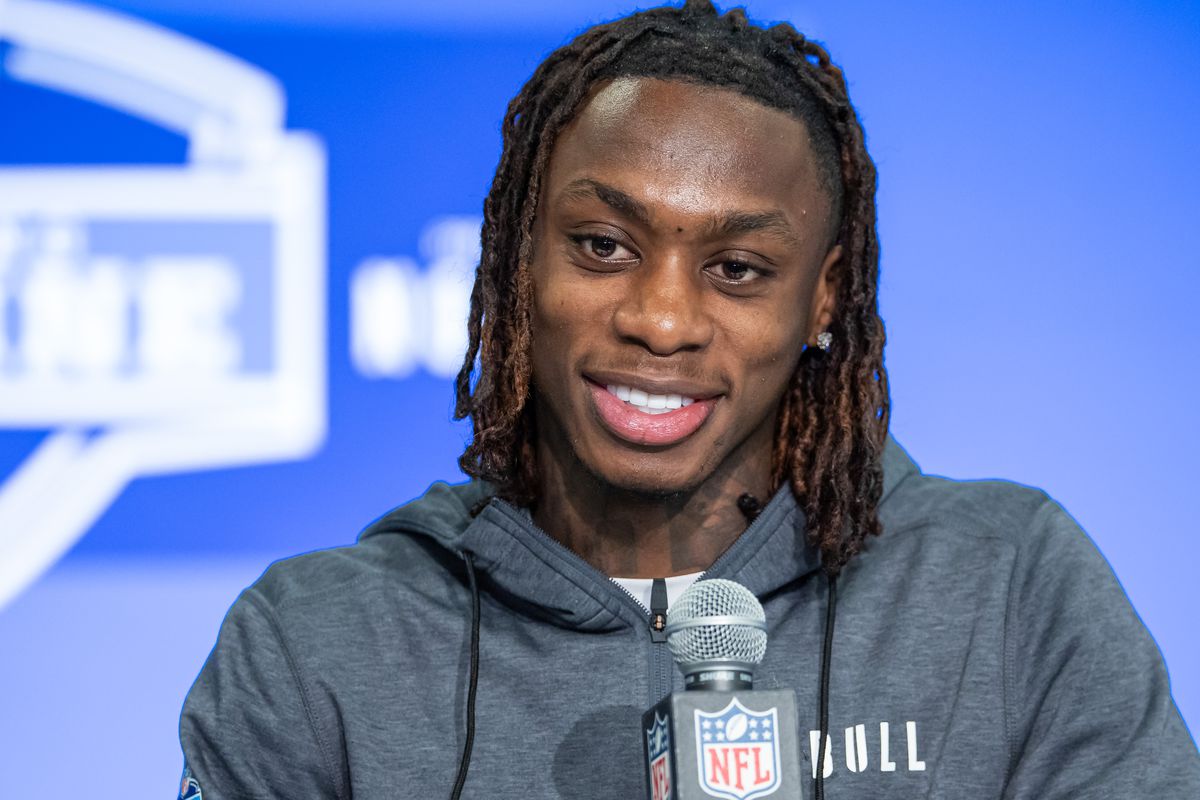
Buffalo Bills’ Kansas City Chiefs Trades Shape NFL
This isn’t the first time the Buffalo Bills have engaged in high-profile trades with the Chiefs. Back in 2017, the Bills traded the No. 10 overall pick to Kansas City, which they used to draft Patrick Mahomes, a move that has significantly shaped the current NFL landscape.
This historical context adds a layer of complexity to the Bills’ decision to once again negotiate with the Chiefs, suggesting a pattern in their trading strategy that prioritizes long-term tactical positioning over immediate gains.
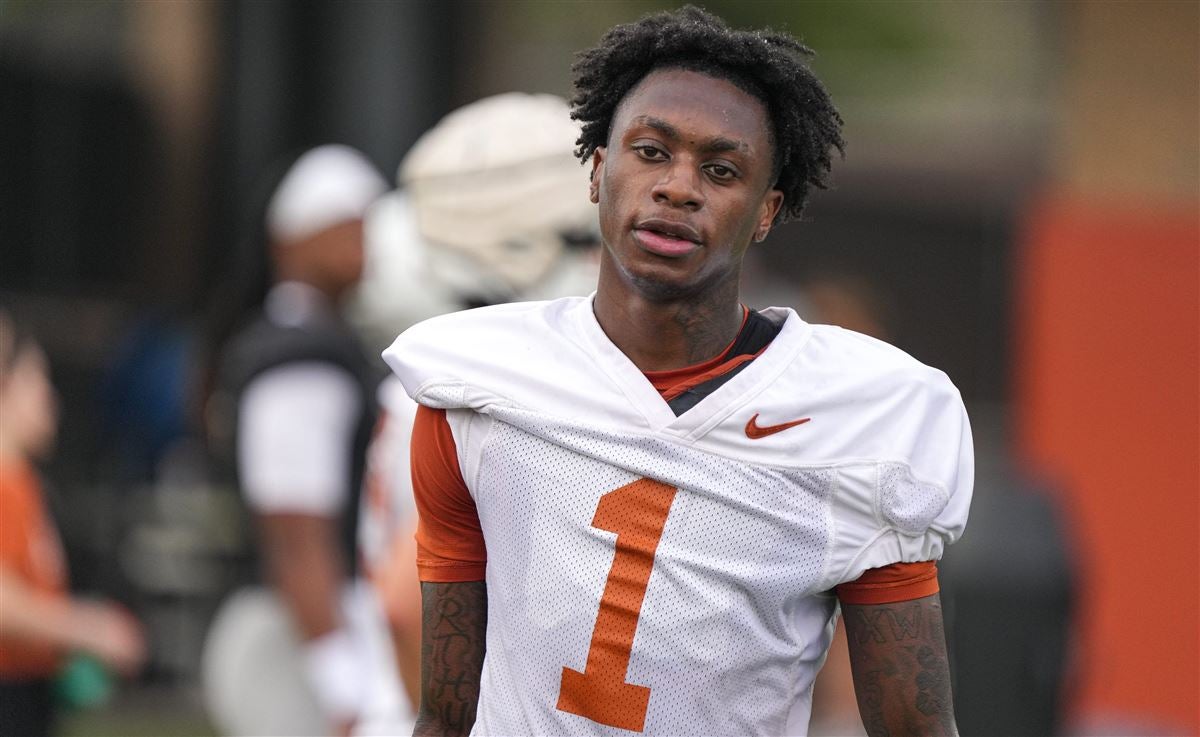
Buffalo Bills’ Trade Strategy Sparks Debate
The decision to trade with the Chiefs rather than the Patriots may also reflect a calculated risk by Bills management, led by Brandon Beane and Sean McDermott. While the Patriots are not seen as immediate threats this season, the Chiefs remain a formidable force in the AFC.
By choosing not to strengthen the Patriots, the Bills are possibly aiming to maintain a balance of power within their division, betting instead on their ability to outperform the Chiefs directly.
However, this strategy is not without its critics. Some view it as overly cautious, potentially missing out on opportunities to secure stronger strategic positions. The critique points towards a conservative approach that might be holding the Bills back from making bolder moves that could propel them to a Super Bowl victory.
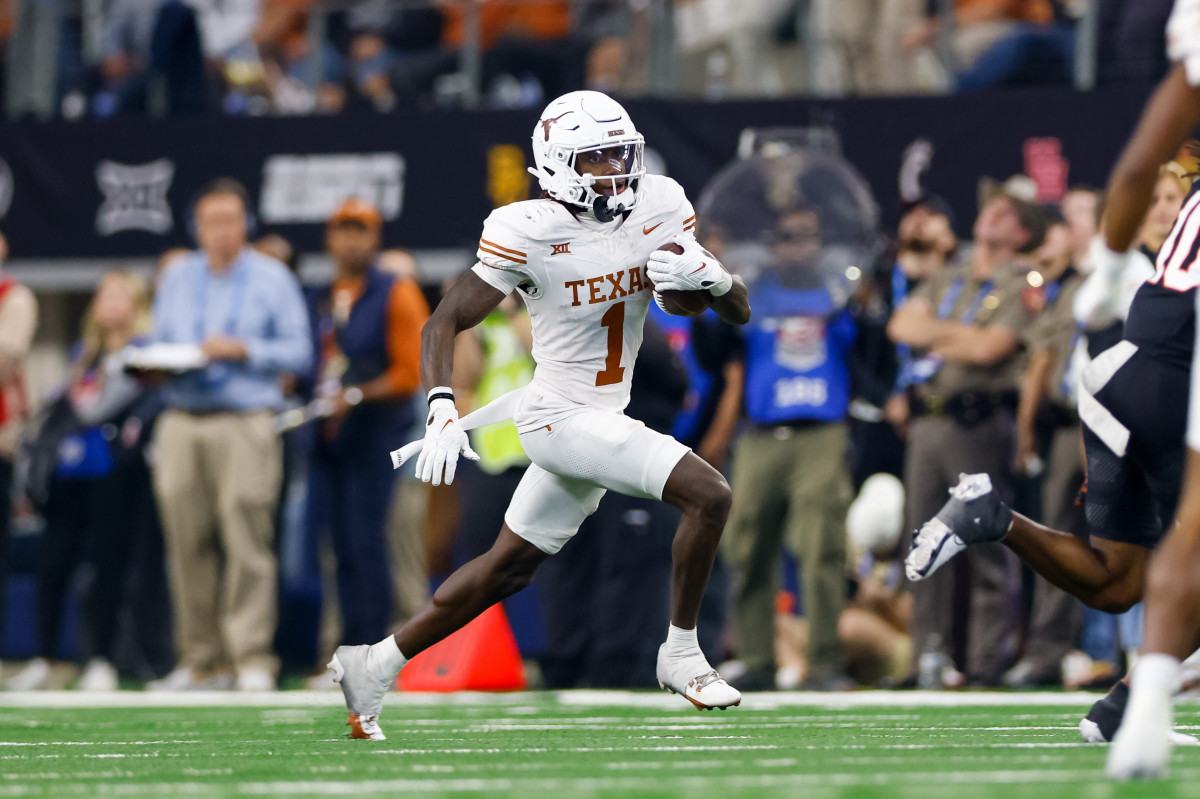
The Xavier Worthy Trade
The selection of Xavier Worthy by the Chiefs has also been a point of contention. Known for his speed but considered undersized for a receiver, Worthy’s potential to develop into a star player like Tyreek Hill is a gamble. Meanwhile, the Bills’ alternative pick, Keon Coleman at No. 33, reflects their different assessment of player value and team needs, highlighting the subjective nature of draft strategies.
Buffalo Bills’ Trade Decision Fuels Debate
The Buffalo Bills’ recent trade decision is a testament to the intricate strategic considerations that NFL teams must navigate. By choosing to trade with the Chiefs over the Patriots, the Bills have sparked a debate on risk management, strategic alignment, and the pursuit of long-term success versus immediate competitive advantages.
As the season progresses, the impact of this decision will become clearer, potentially defining the future trajectories of all teams involved.
Sources: Fansided


